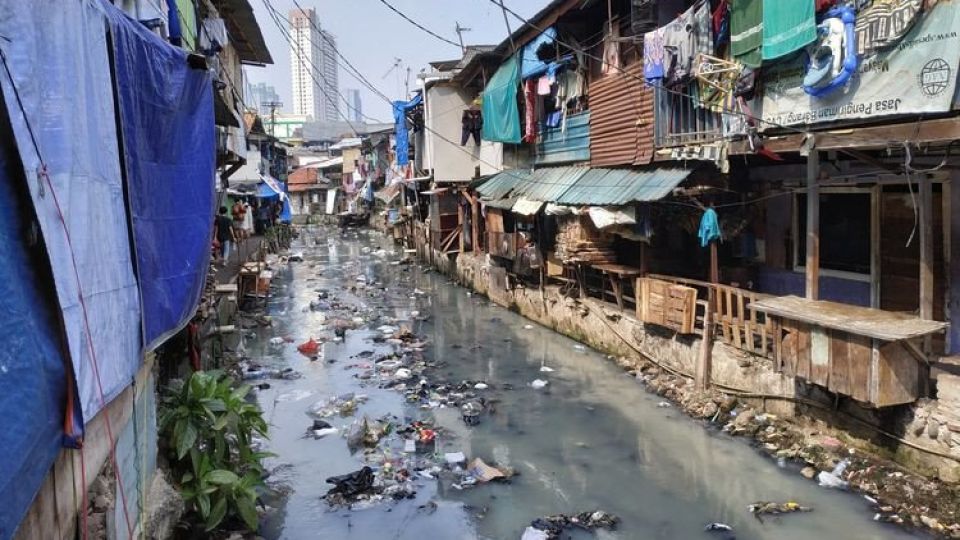December 20, 2023
JAKARTA – The Jakarta administration has kicked off the construction of a wastewater pipeline network amid efforts to build a domestic wastewater management system (SPALD) that complies with environment quality standards and improves public access to proper sanitation.
Acting Jakarta governor Heru Budi Hartono launched construction of a wastewater pipeline last week in Pluit, North Jakarta. He said in a statement that the development was partly aimed at “achieving the goal of proper and safe sanitation”.
Jakarta, home to over 10 million people, has experienced poor water quality and sanitation in past years, and ranks as the capital city with the second lowest sanitation standard in Southeast Asia, according to the central government.
But data from Statistics Indonesia showed an improvement in the city’s sanitation. It recorded that access to decent sanitation reached over 92 percent of households in Jakarta last year, far above the national average of 80 percent of households.
That figure, however, was not distributed equally across city as only 88 and 85 percent of households in Thousand Islands and North Jakarta, respectively, had the same standard of services.
Besides improving access to wastewater services, councilor Ida Mahmudah said during her visit to Pluit in mid-July that the development of wastewater pipelines is important to prevent the spread of Escherichia coli bacteria, which often come from feces and wastewater.
Ida, who chairs the Jakarta City Council commission D overseeing city development, said that the threshold for contamination of such bacteria should be 2,000 per 100 ml of water. She noted that in North Jakarta, it has reached 3 million per 100 ml of water, a level she claimed could endanger the health of the community.
The development of SPALD in the city would enable domestic wastewater to flow into a centralized treatment sub-system to be processed for safe disposal into surface water bodies.
“I also ask all Jakartans to be more aware of the importance of wastewater management,” acting governor Heru said during the launching of the project to build the wastewater pipeline last week. “The process toward proper and safe sanitation does not only depend on infrastructure but, also involves the active role of the community.”
The construction of the wastewater pipeline is part of the Jakarta Sewerage Development Program (JSDP), formerly known as the Jakarta Sewerage System, whose master plan was formulated in 2012 and which became a national strategic project of the central government.
According to officials, there are 15 zones of development designated by the government, with initial priority on Zone 1, which includes Pluit, and Zone 6. These two zones encompass areas in North Jakarta, Central Jakarta and West Jakarta.
The construction of the JSDP in Zone 1, which began this year, is expected to finish by 2027. It covers the project to develop the underground pipeline network by the Public Works and Housing Ministry and the Jakarta administration, as well as the construction of the wastewater treatment plant (IPAL) by the Jakarta administration.
The current wastewater infrastructure development in Pluit was helmed by the Jakarta administration. (alf)


